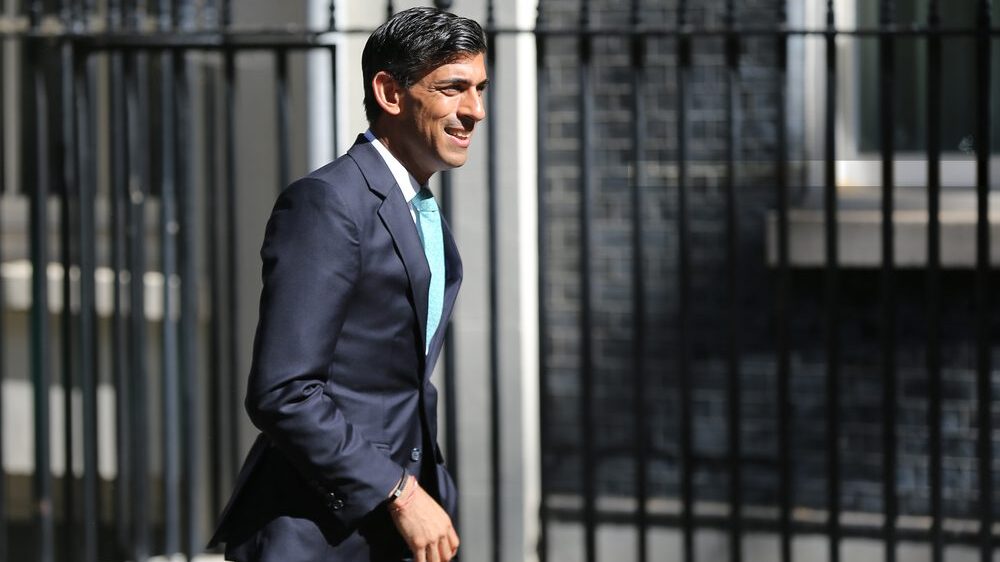
Photo: I T S / Shutterstock.com
The Tories are looking forward to next year’s general election with trepidation following a string of defeats at the polls that have left the party “in a real fight for our lives.”
In order to win back some favour among voters, the Conservative Party is proposing to abandon several costly green policies—an attempt, according to The Guardian, “to create a dividing line with Labour.” Indeed, while Conservative officials last week mocked Labour for failing to win Boris Johnson’s old seat due to its plans to expand the anti-driver Ultra Low Emission Zone (originally drawn up by the Conservatives), the governing party has itself spent years championing the drive towards ‘net zero,’ under which it has pushed for the banning of petrol and diesel cars, the punishing of households that use gas, and the shutting down of all coal power stations. Now that it faces an electoral wipeout, the Tories “have confected another absurd lie where they appear to be campaigning against their own policies.”
That is according to Bow Group Chairman Ben Harris-Quinney, who told The European Conservative that his think tank “warned many years ago that net zero would swiftly become a highly toxic policy as soon as the public realised the cost to liberty, livelihood, and their bank balance.
It was the Conservatives that birthed the entire net zero debacle, and that is why they are now constantly contradicting themselves on it. We all want a better environment, but net zero is by far the most expensive policy in history. Even if you believe the worst climate change projections, a cursory analysis of net zero will demonstrate the policy cannot possibly work.
Prime Minister Rishi Sunak’s office confirmed on Monday that ministers would “continually examine and scrutinise” plans such as the ban on new petrol and diesel cars by 2030. In an apparent rethink of his green agenda, Mr. Sunak added that the net zero push should not “unnecessarily give people more hassle and more costs in their lives.” Newspapers which have had contact with government sources suggest that ministers could be preparing to “soften” green policies ahead of the next election.
The key question, however, is whether the actions themselves will be softened, or just the rhetoric surrounding them. Reporters have highlighted that under the current state of play, there is little the government can do to alter its green objectives. “Any attempt to water down net zero policies,” writes Alex Wickham in Bloomberg, “could run up against the government’s own legally binding commitment to end the UK contribution to global warming by 2050.” He adds elsewhere that “it’s legally not possible to just simply row back on net zero commitments,” unless the government changes the law, and there is “no suggestion/indication of that.”
Mr. Harris-Quinney argued that “unfortunately, anyone who believes the Conservative Party will undo the most costly policy error in history is … deluded. There is no difference between the Conservatives and Labour on net zero, nor any other major issue.”
This scenario closely resembles events that followed the completion earlier this year of the ‘Windsor Framework.’ Pro-Brexit politicians were furious at having realised the Tory government had “bowed down” to the EU to shake hands on a significant deal relating to the status of Northern Ireland. But likely having realised Brussels would not budge from its negotiated position, Mr. Sunak was reported to have focussed instead on changing the Framework’s “presentation” to make it more appealing.
Here again, it looks unlikely that there will be any substantial change to the government’s commitment to net zero or to the green policies which surround it. The focus, as is so often the case, will be on the rhetoric.
